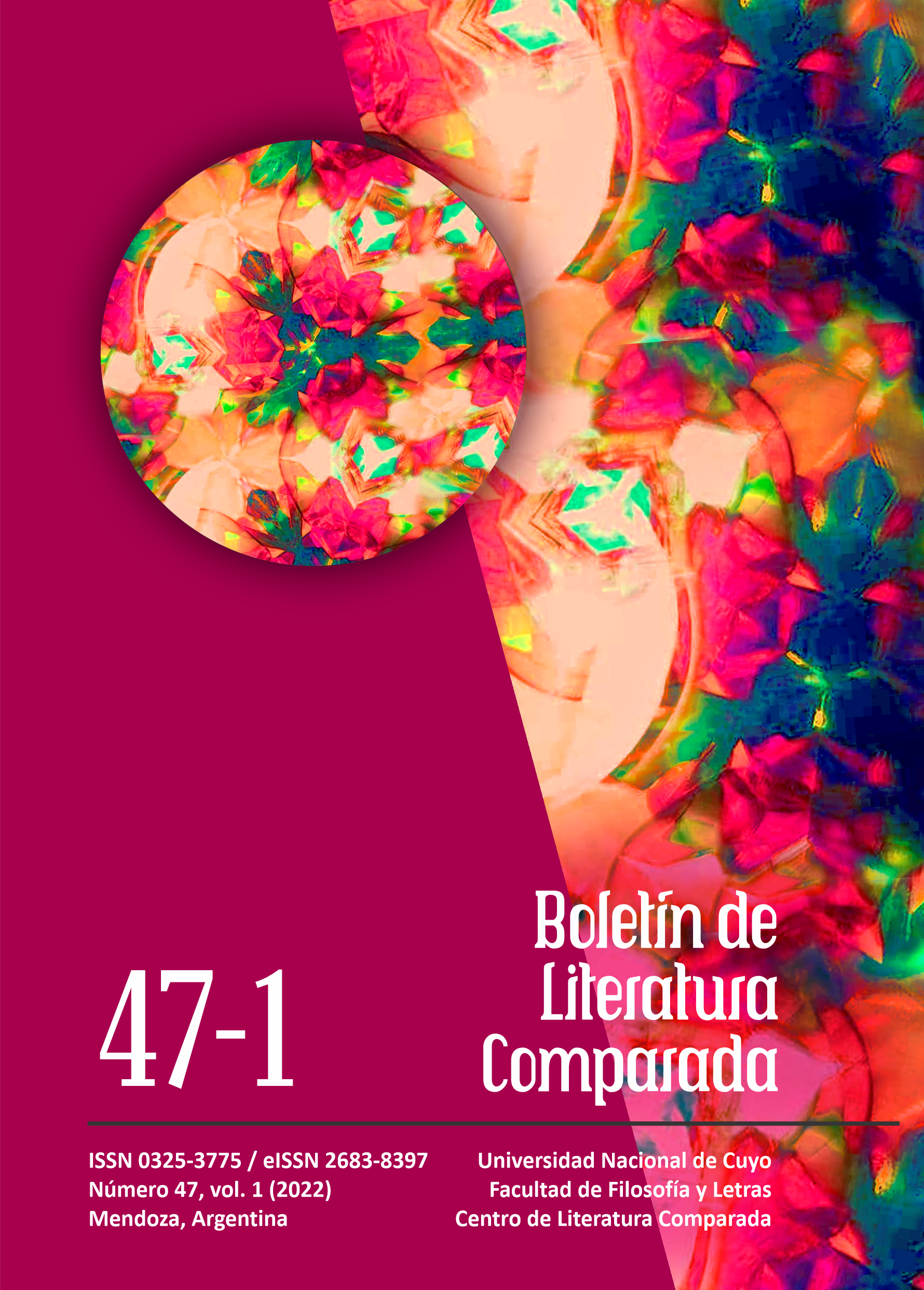Experience and Biographical Literature: A Hermeneutical Reading of The Invention of Solitude, by Paul Auster
DOI:
https://doi.org/10.48162/rev.54.012Keywords:
biography, autobiography, experience, memory, hermeneutics, Paul AusterAbstract
This work focuses on the problem of biography and autobiography as memory exercises aimed both at building the identity of a character and at explaining the meaning of a work based on the experiences lived by its author. Within the framework of Hans-Georg Gadamer’s thought, an attempt will be made to reconstruct the relevance of biographical and autobiographical literature in the period from the 18th to the 19th century—that is, the period that in philosophical terms includes the passage from modernity to postmodernity. Then, following some of the hermeneutical proposals developed by the philosopher, we will try to make a critical reading of Paul Auster's work, The Invention of Solitude, taking into account the differential characteristics of the time in which Auster writes and the historical period to which Gadamer refers.
References
AUSTER, Paul, La invención de la soledad. Barcelona, Anagrama, 2000.
BENJAMIN, Walter, “La obra de arte en la época de su reproductibilidad técnica”. En: Discursos Interrumpidos I. Buenos Aires, Taurus, 1989, pp. 17-59.
DE CORTANZE, Gérard, Dossier Paul Auster. La soledad del laberinto. Barcelona, Anagrama, 1996.
GADAMER, Hans-Georg. La actualidad de lo bello. Buenos Aires, Paidós, 1991.
GADAMER, Hans-Georg. Verdad y método I. Salamanca, Ediciones Sígueme, 1993.
GRONDIN, Jean. ¿Qué es la hermenéutica? Barcelona, Herder, 2008.
Downloads
Published
How to Cite
Issue
Section
License
Copyright (c) 2022 Autor

This work is licensed under a Creative Commons Attribution-NonCommercial-ShareAlike 4.0 International License.




